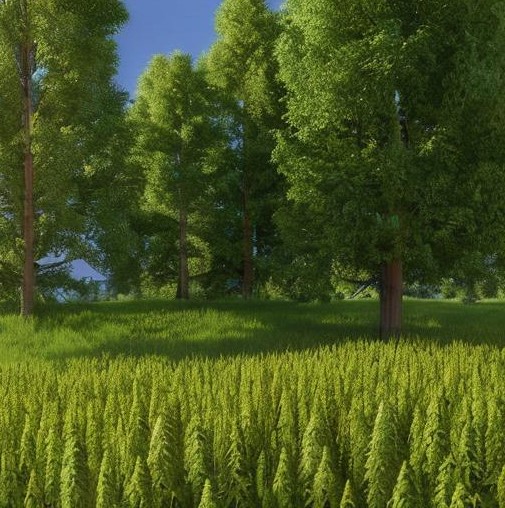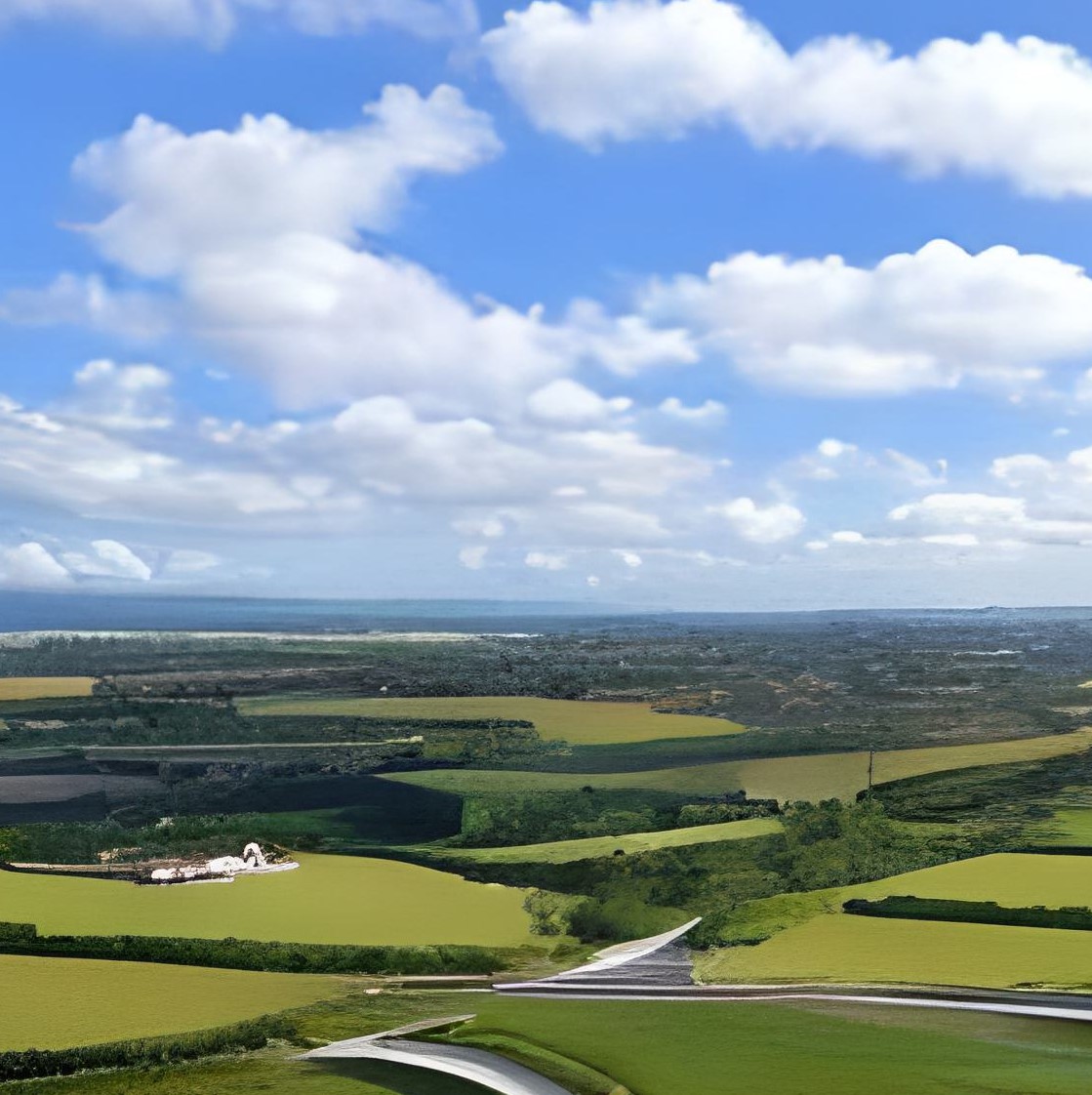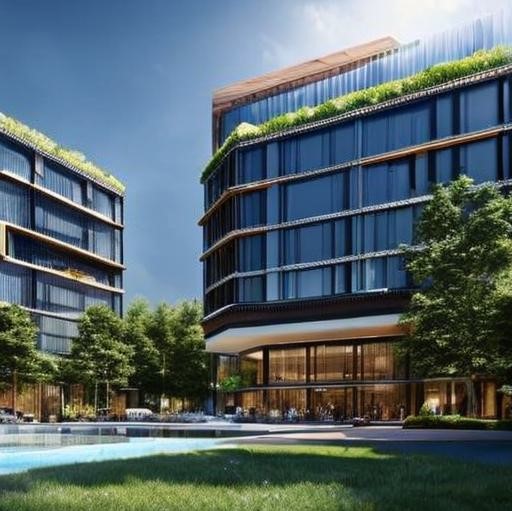
In the spirit of reconciliation, we acknowledge that we live, work and play on the traditional territories of the Blackfoot Confederacy (Siksika, Kainai, Piikani), the Tsuut'ina, the Îyâxe Nakoda Nations, the Métis Nation (Region 3), and all people who make their homes in the Treaty 7 region of Southern Alberta.
Alberta is facing an environmental crisis, with the Alberta Energy Regulator (AER) and the Orphaned Well Association reporting concerning data. In response to this, innovative measures have been taken to create hemp and poplar genetics that are well-suited for phytoremediation, a natural solution to remediate contaminated soil and groundwater.
The combination of these two plants offers a powerful and effective tool to combat the environmental crisis in Alberta. Hemp has the ability to sequester large amounts of carbon and reduce greenhouse gas emissions, while poplar trees are capable of growing quickly and easily absorbing pollutants. With the right genetics, the province can ensure an efficient and effective remediation process. Studies have shown that the use of hemp-poplar mixes can reduce pollution levels from hydrocarbons and heavy metals. In a 2020 study, the mix was able to reduce pollution levels by 79.2%, with a higher concentration of hemp increasing the effectiveness to 99.3%.
It's time for Alberta to show the world that even industries with a historically negative reputation, such as oil and gas, can be integrated into a sustainable future. By utilizing hemp and poplar, the province can effectively address the abandoned and orphaned well crisis, and create a brighter future for generations to come. With the right genetics and the natural power of plants, Alberta can demonstrate that sustainable solutions are possible and take a step in the right direction towards a more responsible and environmentally conscious future.





